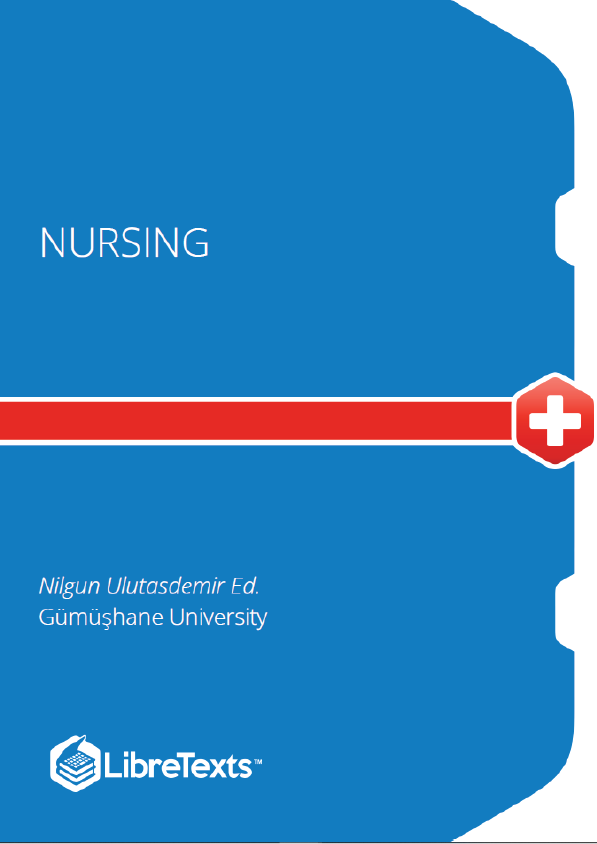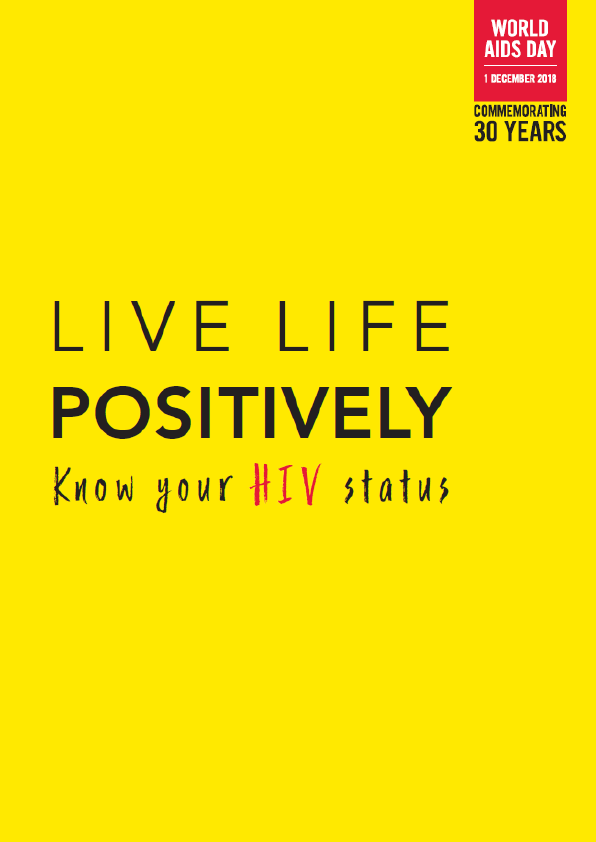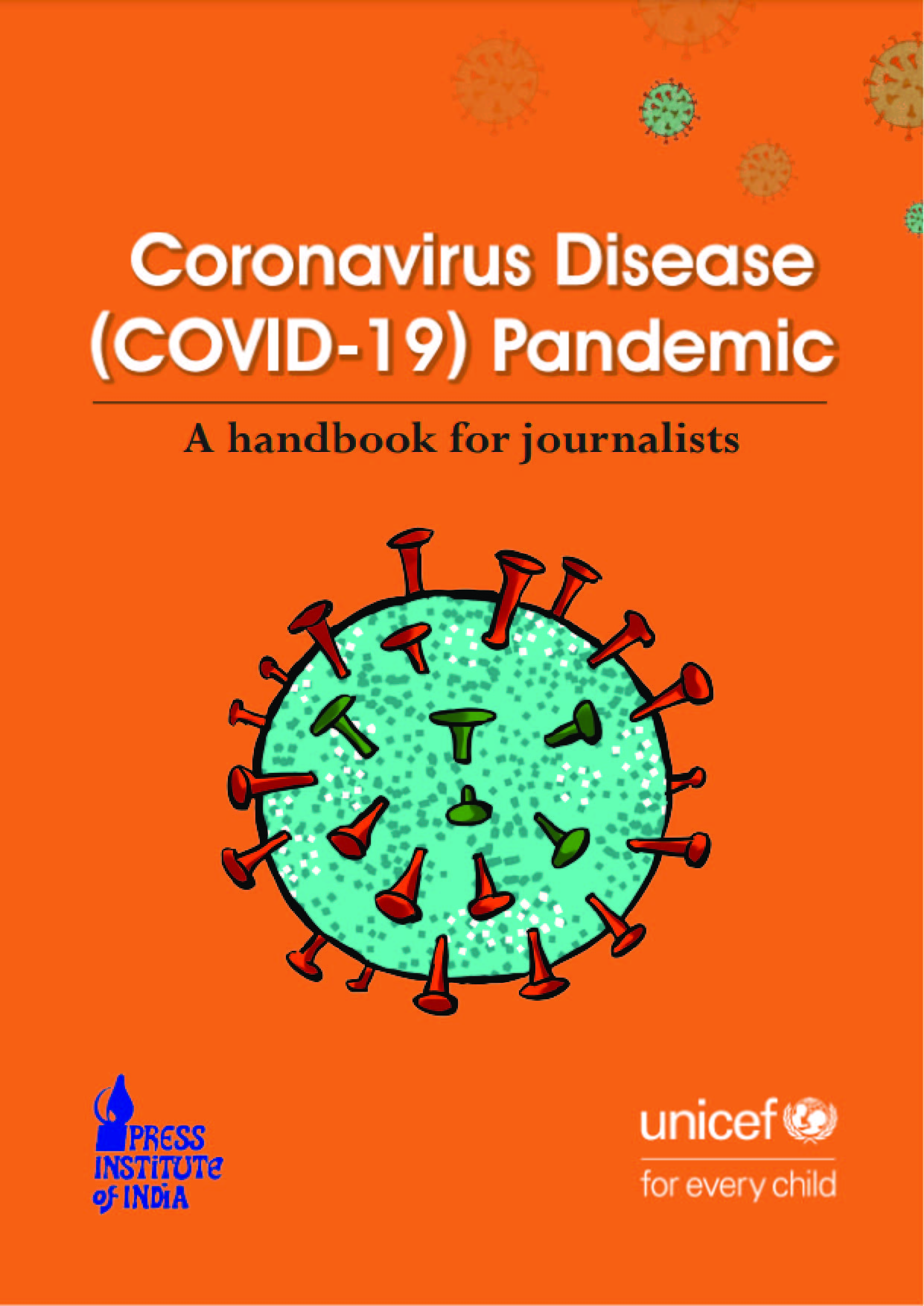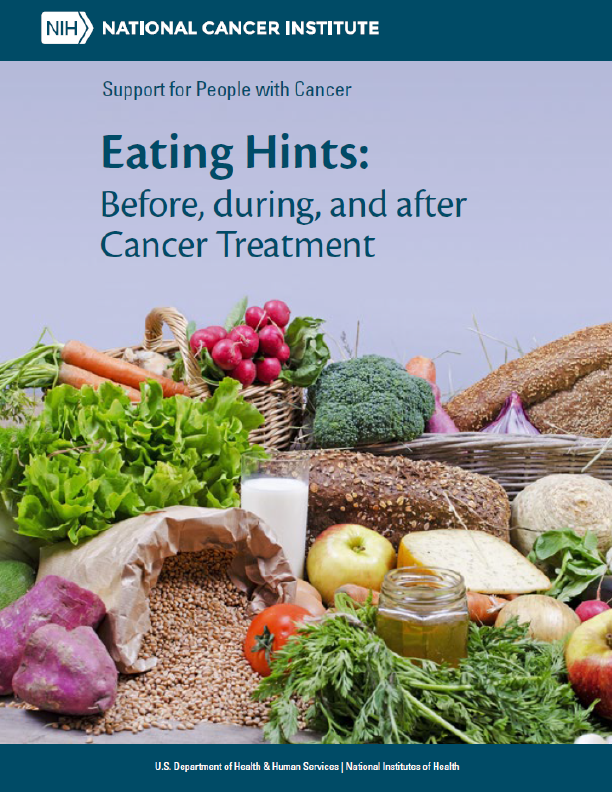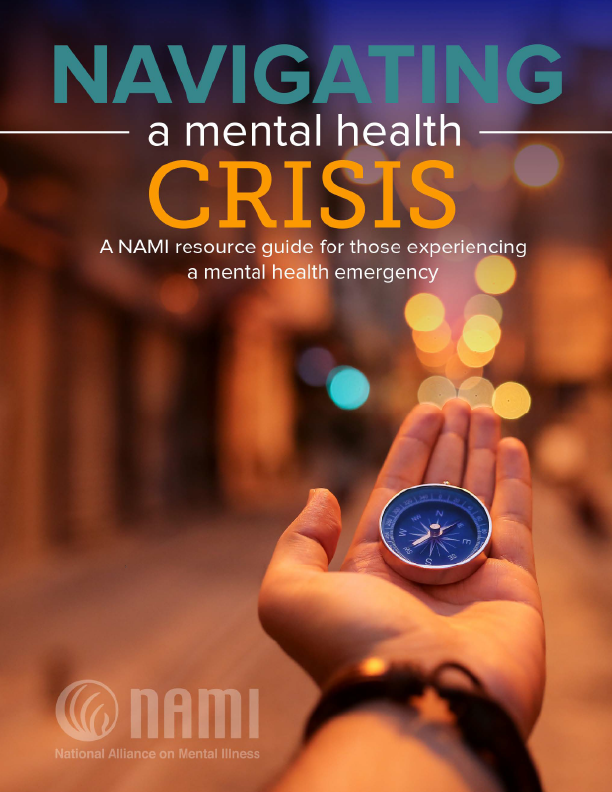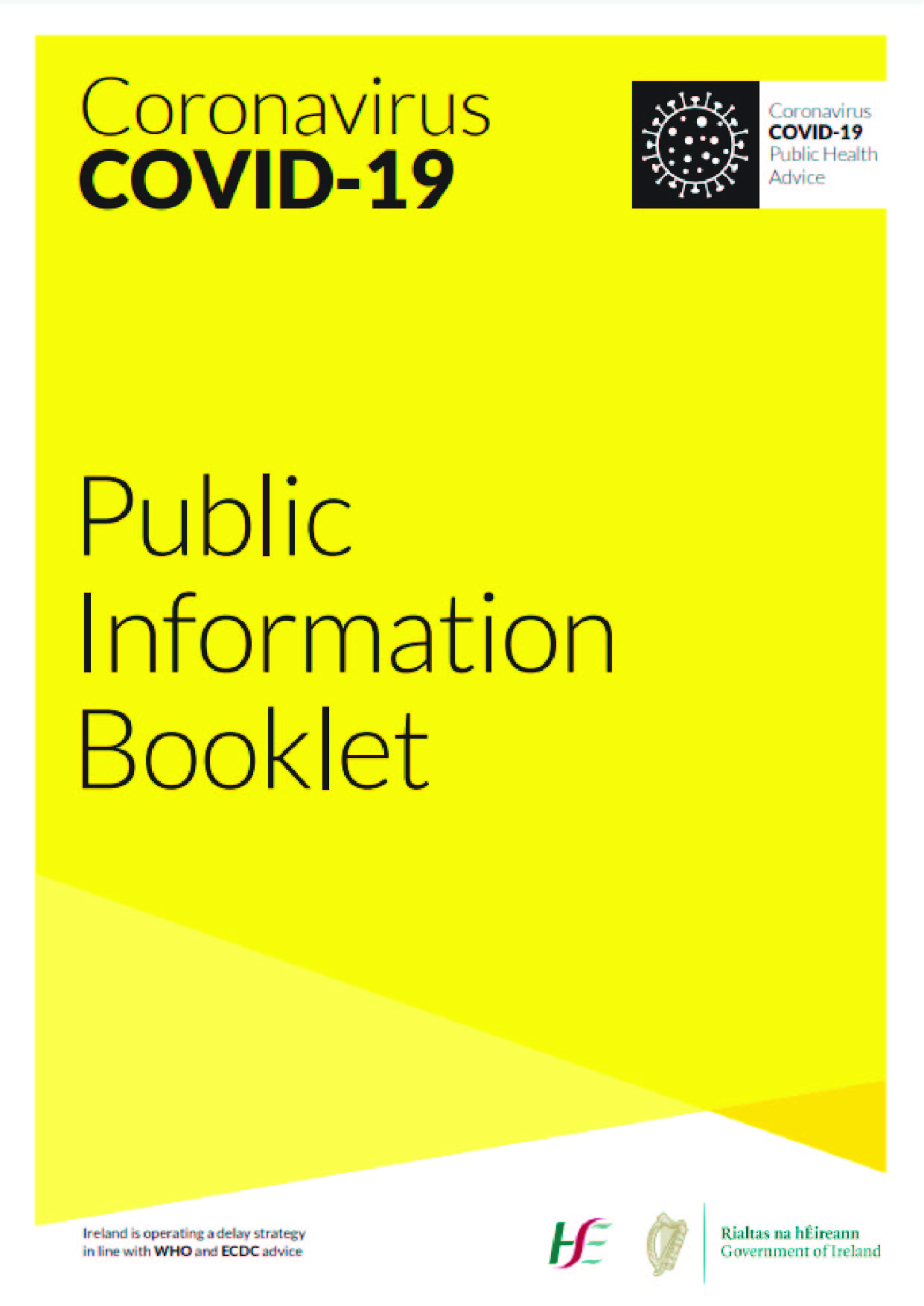This book covers topics from nursing history and philosophy, communication and ethics in nursing, nursing and culture. Thus, it can be used as a guide by student nurses and working nurses to recognize the nursing profession and to keep up with current developments. In this book, you will find all aspects of nursing profession.
Introduction
Nursing is an applied health discipline dealing with the health conditions of the individual, family, and the community, which has succeeded in renewing and adapting itself to the daily social, cultural, and technological changes from the past to the present [1]. The Nurses’ Day began to be celebrated since May 12, 1954 in honor of Florence Nightingale’s birthday.
It has been defined by the International Nursing Council (ICN) as “a profession that helps to protect and improve the health of the individual, the family, and the community, and provides support for the rehabilitation and recovery from the diseases” [2]. The key role of nursing in health services was highlighted in all International Health Promotion Conferences, especially in Alma-Ata [3], followed by those in Ottawa [4] and Helsinki (2013) and also in the Commission Report of Social Determinants of World Health Organization. Increasing the role of nurses in public health services was also emphasized in international decisions about nursing especially by The European Nursing Conference-Vienna (1988), Munich Declaration (2000), and ICN reports (2008) [5, 6, 7, 8].
Nursing is one of the leading professions that has an indispensable role in the protection and improvement of human health. The significance of the profession arises from the fact that the nurses work in a position where they help the most precious being in the world, i.e., individuals, in case of failure to meet basic needs themselves, protect and enable them to recover from illness, and so on. It is, therefore, imperative that nurses are trained thoroughly so that they are competent and capable enough to learn affective behaviors, cognitive, and technical skills in the provision of quality public nursing services [9].
Today, nurses have been able to perform functions fulfilled by professionals such as doing research, theory development, being member of professional organizations, and taking part in political activities, as well as providing health care [10]. Thus, the concepts of professionalism and professional values in nursing have come to the agenda. Nurses who have an important role in the provision of health services are among healthcare professionals [11].
The professional values that nurses have are guiding their interactions with healthy/sick individuals, colleagues, other team members, and the community as well as making decisions on value-added practices and providing the basis for nursing practice [12, 13].
In the past centuries when nursing was considered a female job, the similar evolution of the nursing profession to all other branches of science has allowed it to be regarded as a branch of science since the early twentieth century. Nursing, rooted in objective reality, and applying contemporary scientific knowledge to its own discipline, has increasingly begun to establish its own scientific generalizations and to produce its own theories. Nursing is considered as a science and art that is steadily developing every day and carrying out its applications with a rich content based on synthesis of both psychosocial interactions and biophysiological events.
